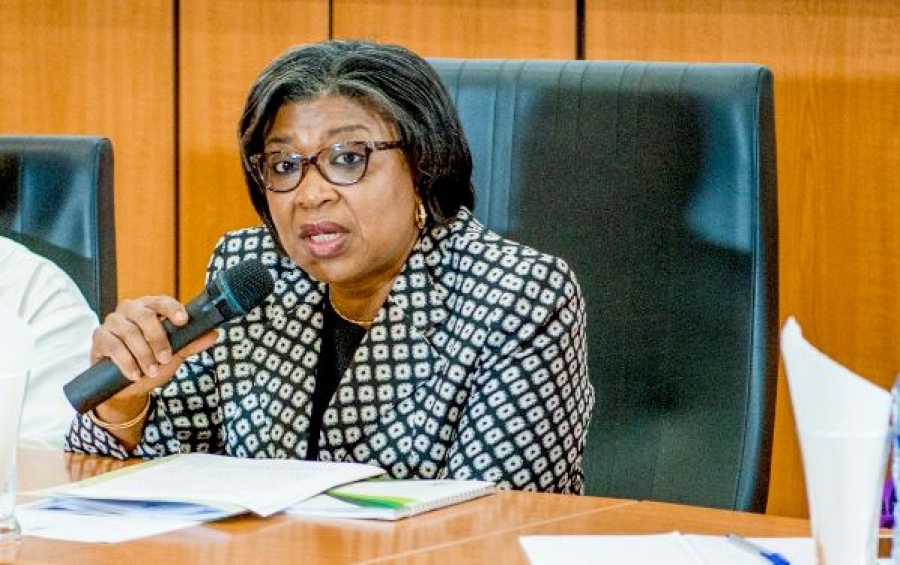Debt service costs consumed about 74% of the federal government’s retained revenue in the first quarter of 2024, according to the latest quarterly statistical bulletin from the Central Bank of Nigeria (CBN).
In this period, the federal government had a retained revenue of N1.76 trillion, while debt servicing consumed N1.31 trillion of this amount.
This significant expenditure on debt servicing highlights the ongoing financial strain on the government’s resources due to its substantial debt obligations. Although debt servicing took up 74% of the federal government’s revenue, it constituted only about 29% of the total expenditures for the period.
Despite an increase in retained revenue by 33.8% compared to N1.32 trillion in Q1 2023, there was a decrease in government expenditures by 12.9%, from N5.28 trillion in Q1 2023 to N4.59 trillion in Q1 2024.
The fiscal deficit also decreased by 29%, from N3.96 trillion in Q1 2023 to N2.83 trillion in Q1 2024.
Debt servicing expenditure decreased by 33.5%, from N1.97 trillion in Q1 2023, when the debt servicing to revenue ratio was 149%. While there was a reduction in this ratio in 2024, the high percentage still underscores the challenge of managing the country’s debt sustainably.
READ ALSO: Nigeria’s interest spending on debt to consume 36% of revenue–Moody
A significant portion of revenue is directed toward servicing existing debts instead of funding development projects.
In Q1 2024, the federal government spent more on debt servicing than on personnel costs or capital expenditures. Personnel costs amounted to N1.15 trillion, a 17.1% increase from N978.11 billion in the same period last year.
However, capital expenditure fell by 35.9%, from N1.8 trillion in Q1 2023 to N1.15 trillion in Q1 2024. This reduction in capital expenditure raises concerns about investments in infrastructure and long-term development projects, crucial for economic growth.
Data from the CBN shows that out of the $1.61 billion in total outflows during this period, $1.12 billion was directed towards servicing external debt, a significant increase from 49% in Q1 2023.
The World Bank has expressed deep concern over the escalating debt service costs burdening developing countries. Indermit Gill, the World Bank’s Chief Economist and Senior Vice President, highlighted the potential for a widespread financial crisis without immediate and coordinated action.
The growing debt burden limits the government’s ability to allocate funds for critical development projects and public services, posing significant challenges to sustainable economic growth and stability.
The Debt Management Office (DMO) of Nigeria recently announced that the nation’s total public debt increased significantly to N121.67 trillion (approximately $91.46 billion) as of March 31, 2024.
This figure includes the combined domestic and external debts of the Federal Government of Nigeria (FGN), the thirty-six state governments, and the Federal Capital Territory (FCT).
The total public debt as of December 31, 2023, was N97.34 trillion (approximately $108.23 billion), representing a substantial increase of N24.33 trillion, or 24.99%, within three months. However, this increase is primarily driven by naira devaluation, as the total debt was reduced in dollar terms by $16.77 billion, or 18.34%

 Entertainment1 week ago
Entertainment1 week ago
 Entertainment5 days ago
Entertainment5 days ago
 Comments and Issues1 week ago
Comments and Issues1 week ago
 Comments and Issues1 week ago
Comments and Issues1 week ago
 Comments and Issues1 week ago
Comments and Issues1 week ago
 Health7 days ago
Health7 days ago
 Health3 days ago
Health3 days ago
 Football7 days ago
Football7 days ago

